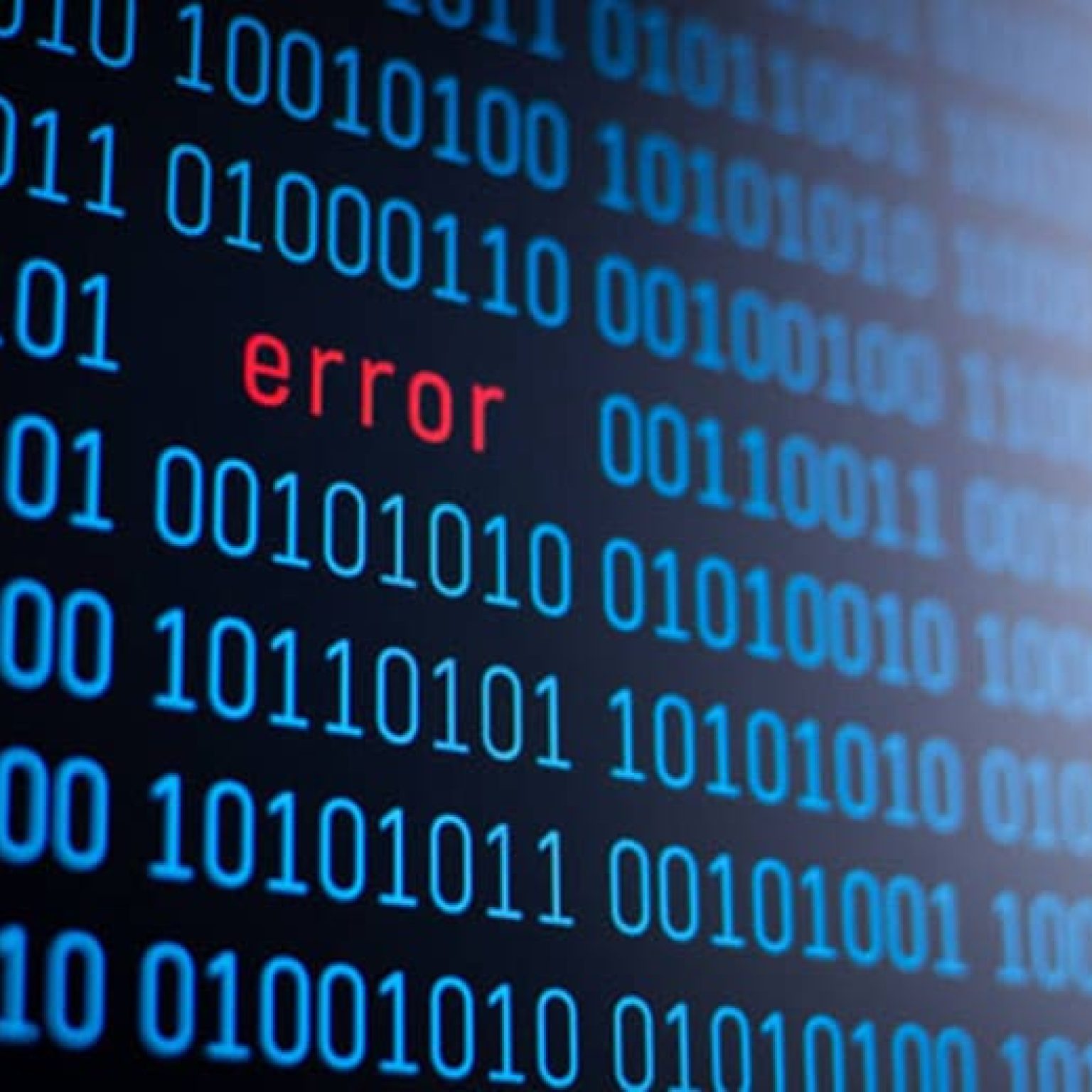If you are wrong, admit it
Today we analyze the value of errors in the professional environment and their positive side in order to solve any incident. Do you want to know how to turn a mistake into a positive experience? Better yet, would you like to know the technique that transforms the error of others into a benefit for all? Pay attention, because language and social behavior are fundamental keys to achieving your goals.

As you know, today we live in a world full of contradictions where habit makes behavior. The media and social interaction push us from childhood to participate in the collective imagination. Through this shared universe, we acquire the necessary tools to enter the group and adapt our survival formulas to its behavioral norms.
For example, the concepts of good and evil. Who dictates what is right? Who decides where the limit of impropriety begins? In the professional field, “error” has been considered for decades as a reason for unconstructive criticism. To this day, the demonization of the term still continues and there are those who think that what makes us human makes us less efficient. Are they right? Of course not! The “mistake”, well considered, is a new opportunity to grow and continue to evolve.
So, what do we do with all those people who do not know how to value the opportunities provided by error? Quite simply, learn to dialogue with them in order to direct their behavior towards a more effective understanding. How are we going to achieve this? With an unabashed, open and unexpected self-criticism.
Why defend what others do not believe in? Or, worse, why defend what you already know is indefensible? Whether you are right or wrong, admit the mistake calmly and confidently before your interlocutor gets carried away by uncontrollable emotions. The impact will be so considerable that you will leave him unarmed. Don’t duck your head, normalize your argument and position yourself. Sincerity and naturalness will be your control weapons.
It is perfect to quote Dale Carnegie and his behavioral business bible, How to Win Friends and Influence People . In it, he asserted that: “any fool can try to defend his mistakes – and almost all fools do”. Where does such impulsive action lead us? To show our insecurities, to reveal our ego, and inevitably, to dispute, the biggest setback in good communication. Do you want to turn the tables and solve that mistake to the benefit of both you and your work group?
Try changing tactics and be more practical. Think more and put impulses aside. Do as Carnegie advised, criticize yourself, pronounce out loud everything the other person seems to be thinking about you and ACKNOWLEDGE “the mistake” in a resolute spirit. Verbalizing it in the first place will give you the opportunity to take away your interlocutor’s reason before you open your mouth. Moreover, it will affect your speech so much that you will react empathetically, trying to avoid being too harsh. Your personal self-criticism will awaken their understanding, which will allow you to earn their respect and, who knows, maybe even recognition for your work.
The important thing is that there is understanding. There is no time for reproaches, miscommunication is an unnecessary burden for a forward-looking company.

